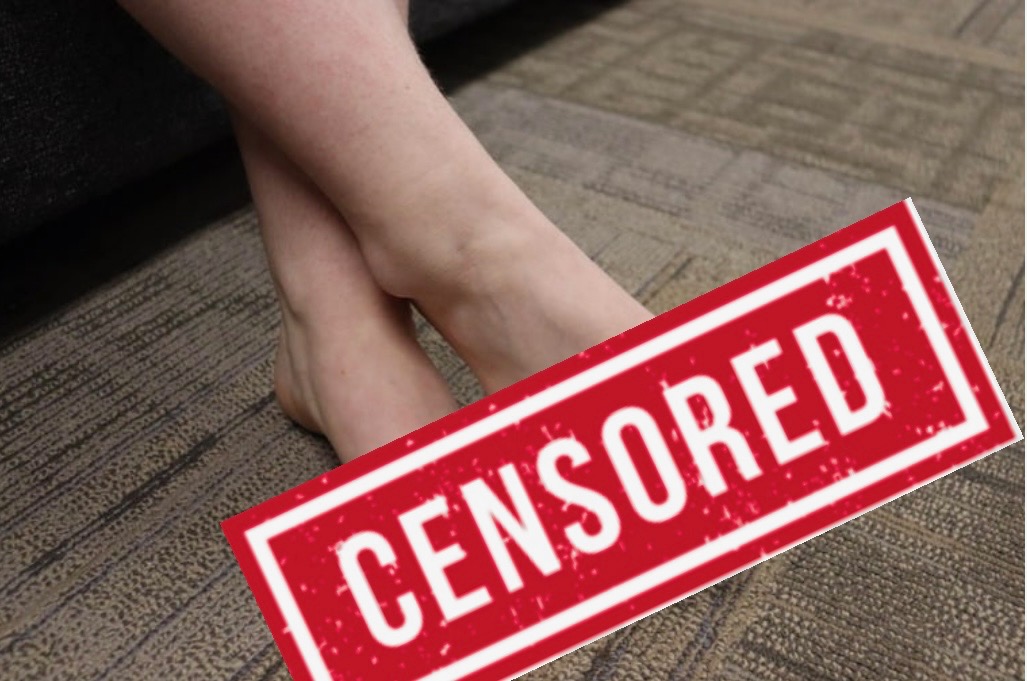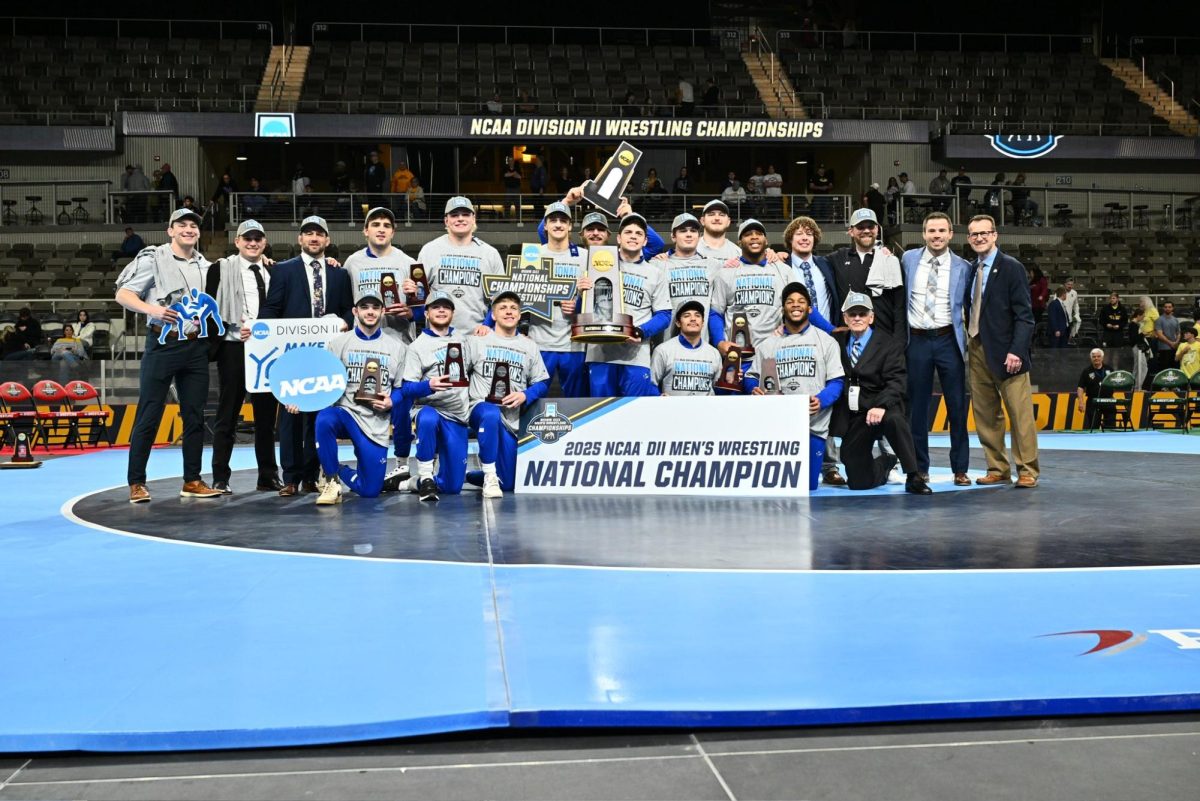KYLIE SCHWAB
ANTELOPE STAFF
As graduation approaches, the question of what I’m going to do after college looms over me. I’ve always dreamed of moving out of the state to pursue some big-time photo gig in California or New York. If I follow that dream, I’d be another contributor to the brain drain in Nebraska.
The brain drain in Nebraska refers to the 2,000 individuals, with a bachelor’s degree or higher, who move out of state each year after completing college.
Nebraska needs to make changes to encourage college-educated individuals to live in the state post-graduation.
Improving broadband service across Nebraska could bring more opportunities for residents. This is one of many factors that contribute to the brain drain in college-dense areas within the state.
The Broadband Bridge program took some action by awarding Nebraska $87.7 million to benefit those who are looking for technologically advanced jobs. While this is helpful and will benefit especially those in rural areas, it is only one of many things that could help fix Nebraska’s brain drain.
Broadband service is an answer, but is it the best answer?
People might be more likely to raise families in Nebraska if the state made efforts to address needs and bring outside assets within our borders.
According to a 2019 survey conducted by the Omaha Chamber of Commerce, 78% of young people said that professional and or development were very important to them when deciding where to move.
Some college students may decide to go to school in Nebraska because it’s the most inexpensive option or their family has a legacy of being a Loper. But what is going to keep students from looking elsewhere if there aren’t many professional options for them after graduation?
Obviously a problem area for the brain drain is going to be locations where major colleges are. Lancaster, Buffalo and Wayne counties are the highest contributors to the brain drain.
The expansion of UNMC on UNK’s campus could be a step in the right direction. Adding a second building dedicated to these specialties may encourage students to get into their practice early and provide medical care for the rural communities that are currently lacking.
This would bridge the gap between getting an education and feeling fulfilled in their professional aspects for those with a college education.
Changes need to be made to ensure that educated individuals are deciding to stay in the state. How much longer does Nebraska want to be known as the state with the 10th worst brain drain?
If Nebraska wants young people to stay here, state officials need to give them good enough reasons to do so.
































